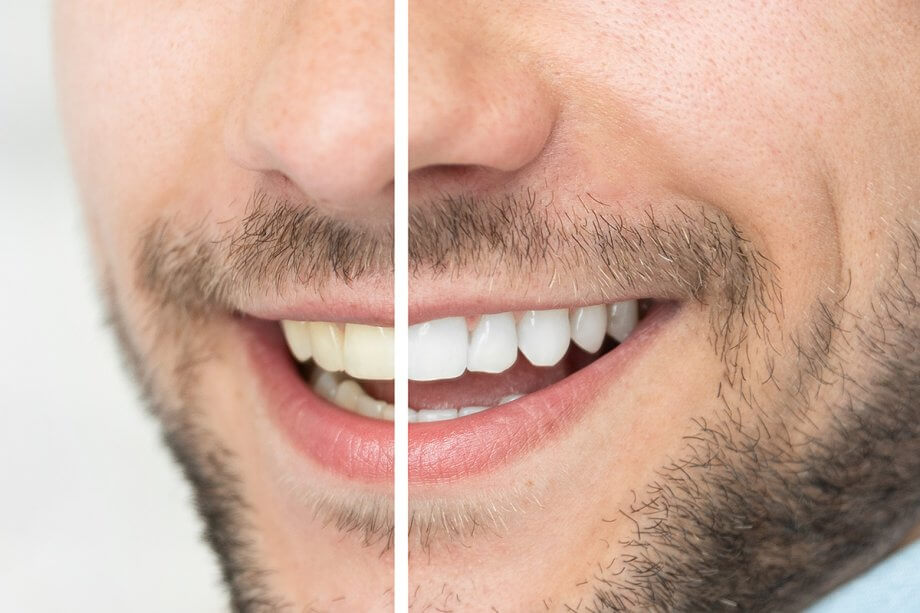If you suspect you have a cavity or have confirmation that one or more of your teeth have cavities, do not delay treatment. Forgoing treatment of a cavity can lead to a host of oral health problems ranging from infections to tooth loss. It is best to treat a cavity as soon as possible with a dental filling or dental crown to prevent pain and worsening oral health conditions. Read on to learn about the dangers of leaving a cavity untreated.
Complications of Untreated Cavities
Cavities are progressive, meaning they will continue to grow and spread. A tiny spot of decay may not seem like a big deal, but over time will lead to conditions such as:
Toothache
As the decay (cavity) spreads, you will develop a toothache that may range from occasionally uncomfortable to excruciating when you attempt to chew food. Once the decay has grown large enough to reach the interior of the tooth it will require a root canal to treat.
Gum Disease
Untreated cavities often lead to gum disease, such as gingivitis, or the most severe type, periodontitis. Periodontitis can cause the loss of jaw bone, damage to sockets, and loosened or lost teeth.
Cracked Tooth
An untreated cavity can spread wide enough or deep enough to crack your tooth. If your tooth cracks, you will need a dental crown, often preceded by a root canal to fix it.
Infected Tooth
An infected tooth is an incredibly painful condition. The tooth will need to be treated with a root canal and antibiotics. In cases where nerves have become damaged, the tooth may need to be extracted.
Tooth Abscess
A tooth abscess forms in response to a bacterial infection. A tooth abscess is a pus-filled pocket. Tooth abscesses are very painful, and may be accompanied by a fever. A tooth abscess may spread to adjacent teeth. In the most severe cases, a tooth abscess can result in dental sepsis, which is a potentially life-threatening condition.
Tooth Loss
Ultimately, teeth that have untreated cavities will continue to deteriorate. In the meantime, chewing food may become more difficult. Certain foods and beverages may cause severe tooth sensitivity. If you continue to neglect dental care for a damaged tooth, you will lose the tooth. Unfortunately, once you lose one tooth, you’re at increased risk for additional tooth loss.
Dental Fillings, Inlays, Onlays, and Crowns Can Immediately Treat Cavities
There is no reason to avoid having a tooth with a cavity treated. Dental fillings are painless, non-invasive restorative treatments that take less than an hour to complete. Dental fillings can be used for small to mid-sized cavities. For large cavities that do not require a crown, dental inlays or onlays can restore the tooth to good health and function.
For larger cavities, you may require a dental crown. Dental crowns are tooth-colored restorations that completely cover the damaged tooth beneath them.
Get Treatment for a Cavity in Kensington, MD
If you suspect you have a cavity or have been putting off treatment for a known cavity, book an appointment at Kensington Natural Smiles today. We provide complete restorative dental treatments to restore damaged teeth to good health and function. To book an appointment call 301-933-3903 or send us a message today.
How long will a composite filling last?
Composite fillings last between 5-7 years on average. However, patients who practice excellent oral hygiene, and see the dentist twice yearly often find they will last much longer.
Do dental crowns look natural?
Yes. Dental crowns are custom-fabricated to match your other teeth in shape, size, and color. Crowns are so natural-looking that they are often used as cosmetic treatments.

